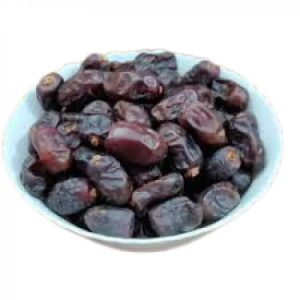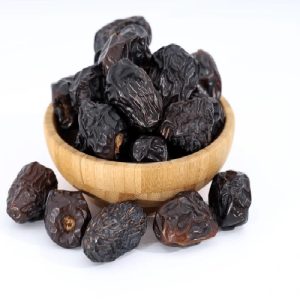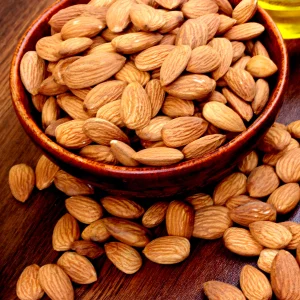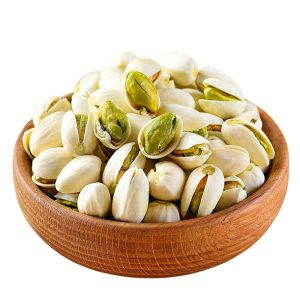Makhana
₹147.00 – ₹1,260.00
Storage: Store makhana in an airtighontainer in a cool, dry place to maintain its freshness and crunchiness. Properly stored, makhana can last for several months without losing its quality or flavor.t c
Makhana is the seed of the lotus flower, specifically the lotus plant species known as Euryale ferox or Nelumbo nucifera. The seeds are harvested from the plant’s flower, then dried and processed for consumption. Makhana seeds are round and small, resembling popcorn kernels. They have a crunchy texture and a mild, nutty flavor.
Culinary Uses: Makhana is a versatile ingredient used in cooking and snacking. It can be eaten roasted, fried, or used as an ingredient in various dishes. Roasted makhana is a popular snack in India, often seasoned with salt, spices, or sugar for added flavor. Makhana is also used in traditional Indian sweets, curries, and desserts.
Nutritional Value: Makhana is highly nutritious and offers several health benefits. It is low in calories and fat but rich in protein, fiber, and essential minerals such as calcium, magnesium, potassium, and phosphorus. Makhana is also gluten-free and low in cholesterol, making it a healthy snack option for individuals with dietary restrictions or health concerns.
Health Benefits: Consuming makhana as part of a balanced diet may offer several health benefits, including:
- Digestive Health: Makhana is high in dietary fiber, which promotes healthy digestion and regular bowel movements, preventing constipation and other digestive issues.
- Weight Management: Makhana is low in calories and fat but high in protein and fiber, making it a filling and satisfying snack that can help with weight management by curbing hunger and reducing calorie intake.
- Heart Health: The low sodium and high potassium content of makhana may help lower blood pressure and reduce the risk of heart disease.
- Blood Sugar Control: Makhana has a low glycemic index, meaning it does not cause a rapid increase in blood sugar levels. It may help stabilize blood sugar levels and prevent spikes and crashes in energy levels.
Availability: Makhana is widely available in Indian grocery stores, supermarkets, and specialty food stores, both in its raw and processed forms. It is sold as whole seeds or kernels, as well as in various flavored and seasoned snack mixes.
Storage: Store makhana in an airtighontainer in a cool, dry place to maintain its freshness and crunchiness. Properly stored, makhana can last for several months without losing its quality or flavor.t c
Usage Tips: When using makhana in recipes or as a snack, you can roast or fry it in a bit of oil or ghee until it becomes crispy and golden brown. Season with your favorite spices, herbs, or sweeteners for added flavor. Makhana can be enjoyed on its own as a healthy snack or added to dishes like salads, soups, stir-fries, and desserts for extra crunch and nutrition.
| WEIGHT | 10GM, 50GM, 100GM, 200GM, 500GM, 1KG |
|---|










Reviews
There are no reviews yet.